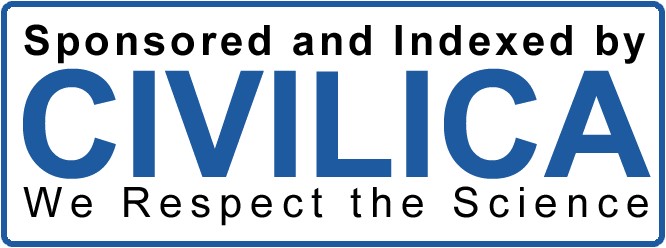A Motivational Content Analysis of Health-Oriented Advertisements on Social Media
Keywords:
Health-oriented advertising, social media, motivation, persuasion, qualitative content analysis, visual elements, health psychologyAbstract
This study aimed to identify and analyze the motivational components embedded in health-oriented advertisements on social media, focusing on users’ perceptions of the psychological, visual, and persuasive mechanisms of health messages. This qualitative study employed content analysis methodology. Data were collected through semi-structured interviews with 22 active social media users residing in Tehran. Participants were selected using purposive sampling, and interviews continued until theoretical saturation was achieved. The collected data were analyzed using NVivo software through open, axial, and selective coding in three stages. The data analysis resulted in the identification of three main themes: “persuasive strategies,” “motivational visual and graphic elements,” and “psychological drivers of influence.” Each theme comprised several subcategories, including fear appeals, narrative testimonies, before-and-after visuals, emotional color schemes, and enhancement of perceived control. Participants reported greater engagement with messages that featured a combination of simple language, visually accessible design, and relatable content. The findings indicate that health-oriented advertisements on social media are more effective when persuasive, visual, and psychological components are synergistically integrated. Designing messages based on lived experiences, cultural context, and intrinsic motivation can significantly contribute to promoting health behaviors.
Downloads
Downloads
Published
Submitted
Revised
Accepted
Issue
Section
License

This work is licensed under a Creative Commons Attribution-NonCommercial 4.0 International License.






